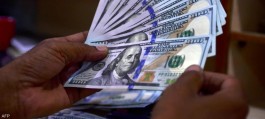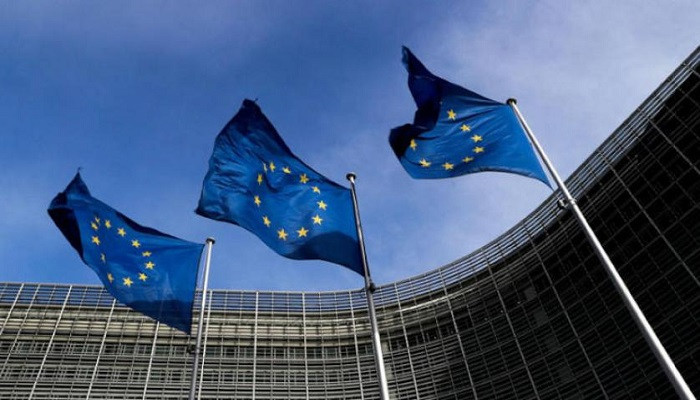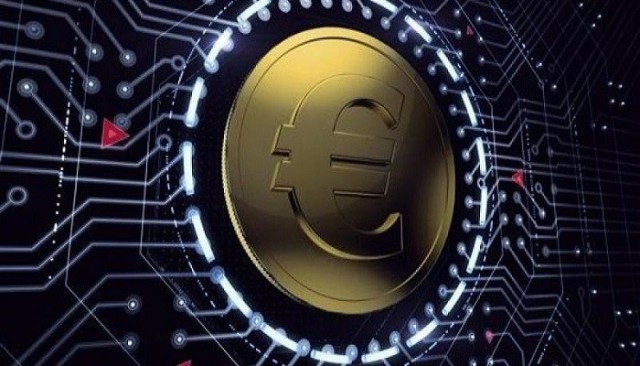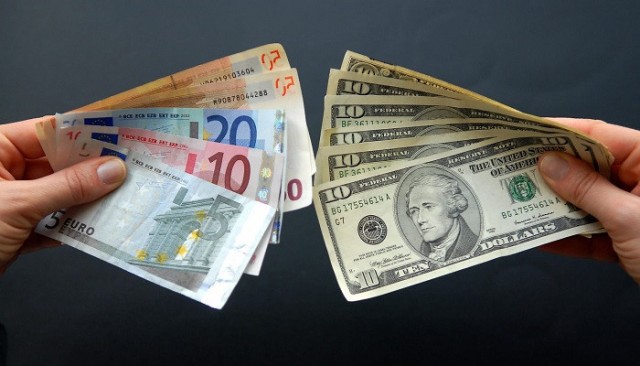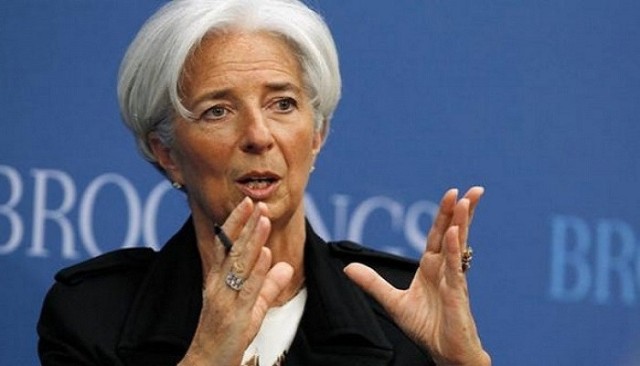In a sign that price pressures are beginning to subside, Germany's producer prices fell 3.9% m/m in November, marking the second time that prices have fallen significantly m/m thanks to developments that led to lower energy prices.
On the psychological level, according to the National Bank of Kuwait report issued today, Sunday, optimism has increased across Europe. Business expectations in Germany improved in December for a third month, with signs emerging that double-digit inflation rates may have peaked and a deep recession over the winter could be avoided. The Ifo German Business Climate Index, one of the country's leading indicators, rebounded to 88.6 points this month from 86.4 points in November.
Germany was among the countries that recorded a slowdown in inflation rates during the month of November as pressures from rising energy costs eased. The fullness of gas storage facilities also reduced the possibility that the Russian war in Ukraine would lead to a severe supply shortage in the coming months.
Another indicator, the German Consumer Grants Index (GFK), which measures the level of consumer confidence in economic activity, rose for the third time in a row, reaching -37.8 points from -40.1 points, thanks to moderate energy prices and relief packages offered by the German government to curb energy costs.
However, recession fears remain. Despite the improvement in global supply chain problems to some extent, early indications from Asian countries indicate the possibility of weak global trade in the coming months, in conjunction with the emergence of a new wave of the outbreak of the pandemic in China, which may affect trade.
Finally, higher energy prices are gradually being passed on to consumers, a trend that will continue throughout the next year and thus may affect private consumption. Despite the possibility of Europe entering a recession, the released data is more skewed towards decreasing the possibility of deflation.
On the political front, the European Union managed to overcome months-long differences by setting a ceiling for gas prices at 180 euros per MWh. Thus, the European Union can apply the so-called gas market correction mechanism, which is a temporary measure to prevent price fluctuations starting from February 15, 2023. The cap reached is much lower than the previous proposal, which could not have prevented the sudden rise in the region earlier. From this year when Russia cut gas supplies during its war in Ukraine.
On the financial front, European Central Bank officials, like their American counterparts, continued their hawkish tone, with ECB Vice President Luis de Guindos saying that the central bank will continue to raise interest rates until expectations show that unprecedented price hikes in the region are heading towards Level 2. % target.
De Guindos suggested discussing another 50 basis point rate hike at the next ECB meeting in early February. Bundesbank Presidency Joachim Nagel also stressed the need to raise interest rates given that it will take some time for inflation to start slowing to reach the central bank's 2% target.
The single currency stabilized at 1.06, to end the week's trading at the level of 1.0618.
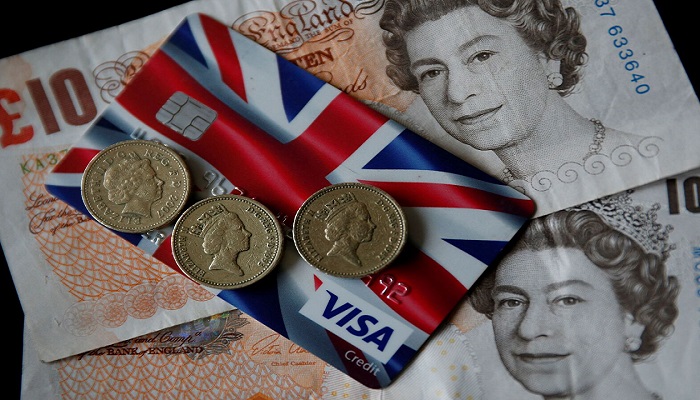
The United Kingdom lacks New Year's celebration spirits
The British economy is descending deeper into recession, especially after adjusting and reducing GDP data for the third quarter of this year, as it declined by 0.3%, compared to preliminary estimates that indicated a decline of 0.2%. The services sector grew by 0.1% during the third quarter, while the production sector decreased by 2.5%.
Compared to pre-pandemic levels, the gross domestic product of the services sector decreased by 1.3% compared to the levels of the fourth quarter (October to December) 2019, after adjusting and decreasing it from 0.9%. The growth of the production sector has now contracted for five consecutive quarters since the third quarter of 2021. The manufacturing and construction sectors were both hit hardest, and the real disposable income of households continued to decline amid persistently high inflation. Annual real GDP is now estimated to have increased by 7.6% from 2020 to 2021, adjusted from the previous estimate of 7.5%.
However, despite the upward revision of annual growth for the year 2021, the quarterly downward revisions for the year 2022 mean that real GDP is now estimated to have declined by 0.8% compared to pre-pandemic levels, after a revision from the previous estimate, which indicated a decline of 0.4%.
Headwinds and increasing recession prospects negatively affected the Sterling, which reached 1.2062.























